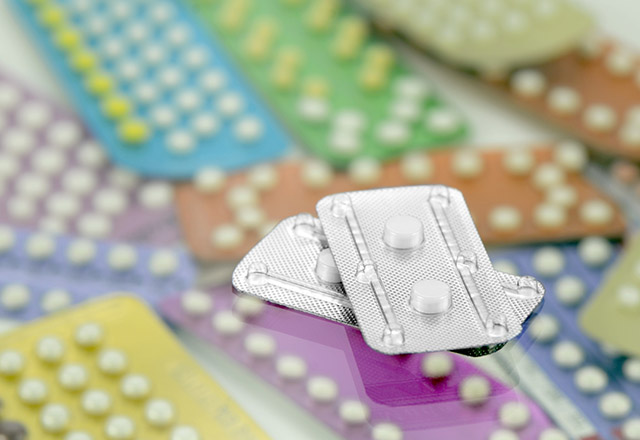Reproductive health has always been an important issue. But those who advocate for reproductive health rights must focus on more than just the legal rights of individuals to obtain reproductive health care. In addition, we must tackle issues such as accessibility to insurance, services and education, which all impact reproductive health. Part of the fight to make reproductive health care more accessible is happening on college campuses all over the United States, as students install vending machines containing the emergency contraceptive known as Plan B.
Plan B is a form of emergency contraception that prevents pregnancy by using progestin to delay ovulation. Because it is used to prevent pregnancy, Plan B is by definition not a form of abortion, although this is a common misconception. It is very challenging for students to access Plan B, or other forms of emergency contraception, as most college campus health centers are not stocked with it. Even the few on-campus health centers that do have emergency contraceptives have limited hours, and are usually closed on weekends and holidays.
So what does a student in need of emergency contraception do to obtain it? They can try to travel off-campus to obtain it within the 24-hour time frame in which it is most effective. In fact, one 2010 study identified that the biggest argument against on-campus emergency contraceptive access was that it is unnecessary because Plan B is available at local pharmacies. Unfortunately, as with many issues of accessibility, this argument overlooks and marginalizes students who might not have the financial resources to afford Plan B, don’t have access to transportation to nearby pharmacies, or can’t take time off from work or school to travel to these pharmacies.
To address these issues, schools in Pennsylvania, Virginia and California have started to install emergency contraceptive vending machines that are available 24/7.
So, what are the benefits to having emergency contraceptives in vending machines? The first benefit is cost. Vending machines offer both Plan B and the generic for less ($40 in pharmacies versus $20 in vending machines). Although this difference may seem small, to college students accumulating loan debt, the difference is significant. The second benefit is accessibility. As mentioned above, not all students have access to transportation to get to local pharmacies, especially within the 24-hour window within which emergency contraception is most effective. In addition, pharmacies may be closed during the weekend, adding another avoidable barrier to access. Having the vending machines directly on campus significantly ameliorates these issues.
The last benefit I will mention is avoiding the lack of policy reinforcement by pharmacies. Many policies have been put in place regarding emergency contraceptives that aren’t properly communicated to local pharmacies or even the general public. For example, many pharmacies are unaware that the age restriction allowing only women 17 years or older to obtain emergency contraception has been lifted. Additionally, many pharmacies ask for identification to purchase emergency contraceptives, which is also not required. So even if a student gets themselves to a pharmacy, they may face these barriers to access. The vending machines eliminate the possibility that they be denied access to Plan B, or other forms of emergency contraception.
Plan B vending machines provide decreased costs and increased access of college students to emergency contraception. Now that some states have paved the way, reproductive rights advocacy groups hope that others will follow their lead and push for emergency contraception to be available 24/7 on all college campuses.
Want to read more from the Johns Hopkins School of Medicine? Subscribe to the Biomedical Odyssey blog and receive new posts directly in your inbox.
References
1. https://www.washingtonpost.com/local/education/women-at-two-va-universities-wanted-more-access-to-the-morning-after-pill-so-they-took-matters-into-their-own-hands/2019/05/18/e7cd95b6-78c2-11e9-bd25-c989555e7766_story.html
2. https://www.nytimes.com/2017/09/28/us/plan-b-vending-machine.html
3. https://www.uua.org/reproductive/action/199536.shtml
